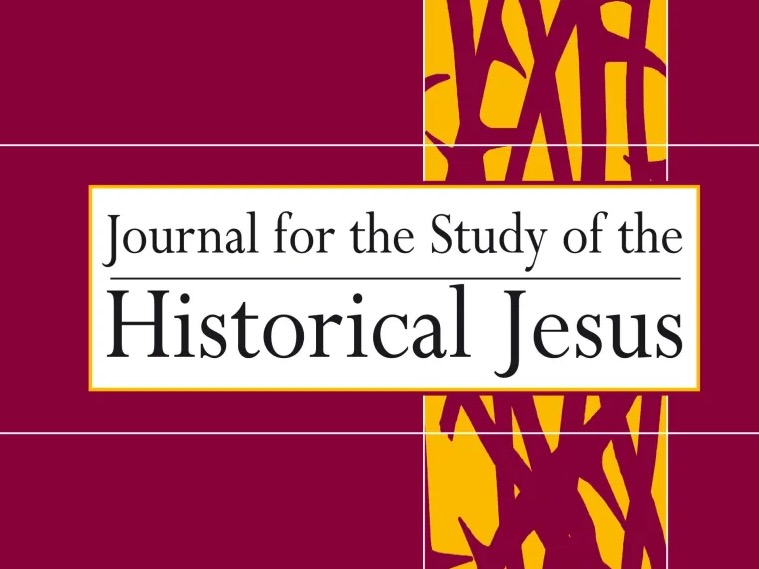
In the coming years, I aim to contribute to the Next Quest for the Historical Jesus, supporting its
vision to open new directions in Jesus research. Broadening the questions and methods of
historical Jesus studies today creates opportunities for fresh insights and previously neglected questions.
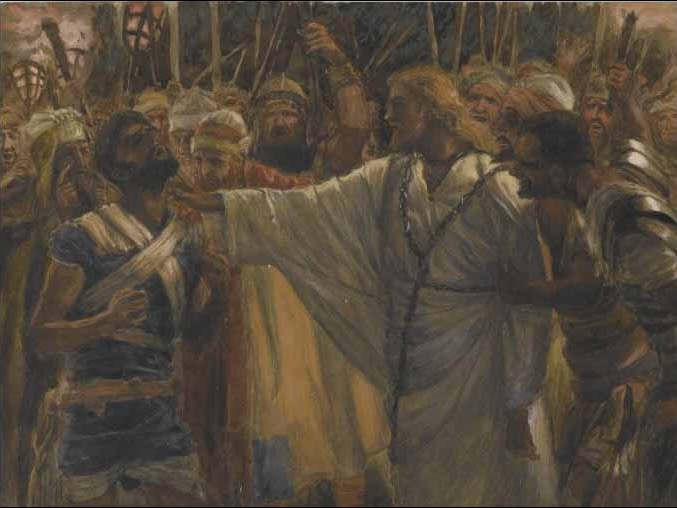
During my Master of Theology at the PThU in the Netherlands, thanks to my supervisor, Prof.
Annette Merz, I was fortunate to be among the first to explore the relationship between the
historical Jesus and real slavery. In my research, I sought to highlight the unheard voices and
unseen bodies of the earliest Jesus movement, which remain invisible in the Gospels.
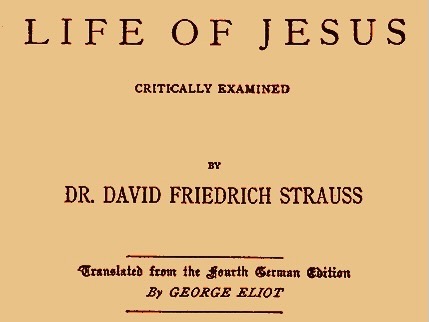
In my PhD research, I intend to examine the external social, political, cultural, and economic
factors, alongside the internal academic and institutional dynamics, that shaped Jesus
research in the late 19th century, particularly from the perspective of radical thinkers such as
the Unitarians. I am also interested in the reception history of this study.
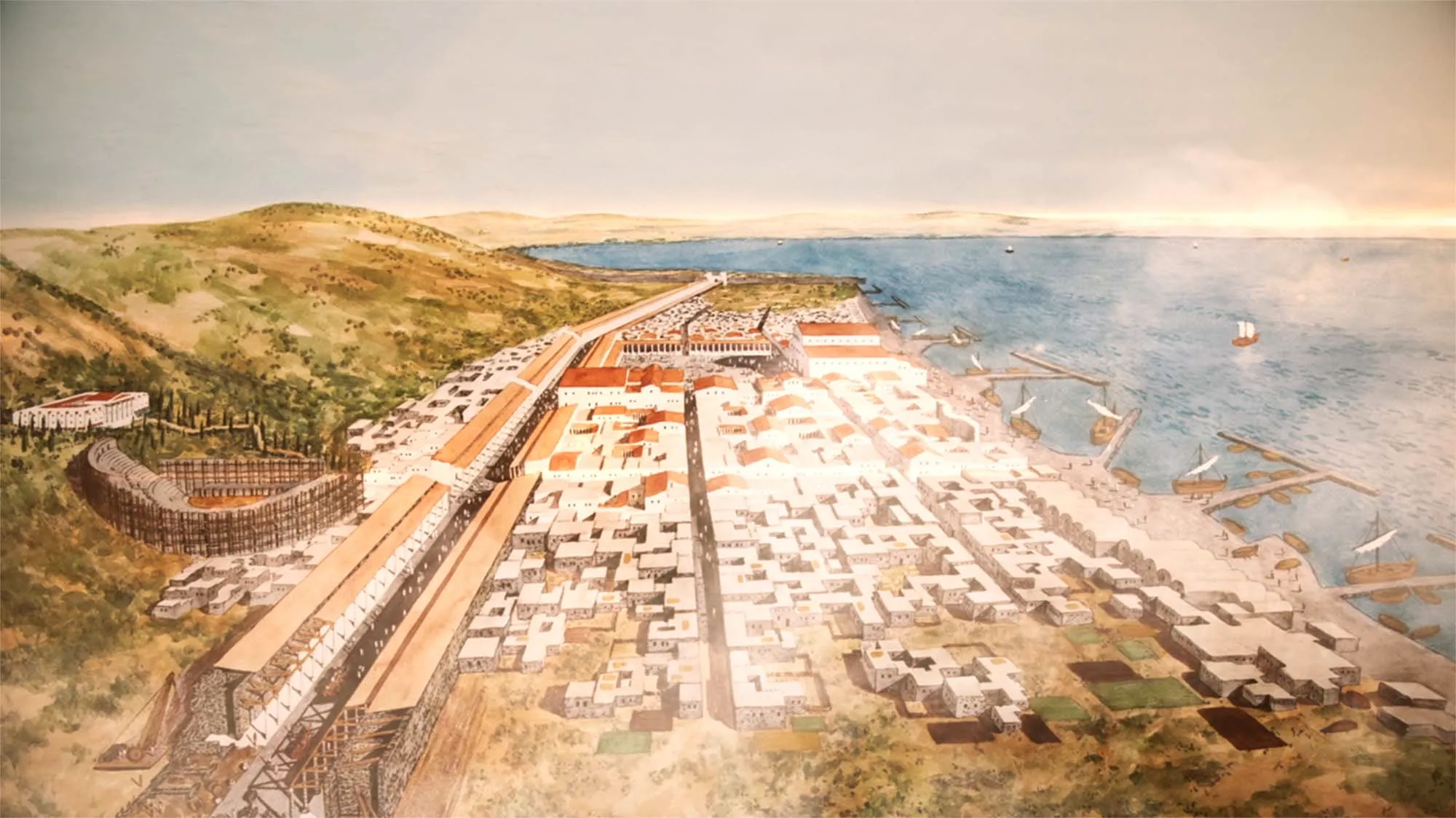
This research interest examines the interplay of social structures, political dynamics, economic
conditions, and cultural practices. By analyzing first-century Palestine as an inextricably
interconnected, multidimensional reality, it seeks to shed light on the lived experiences of people
and the forces that shaped their historical environment.
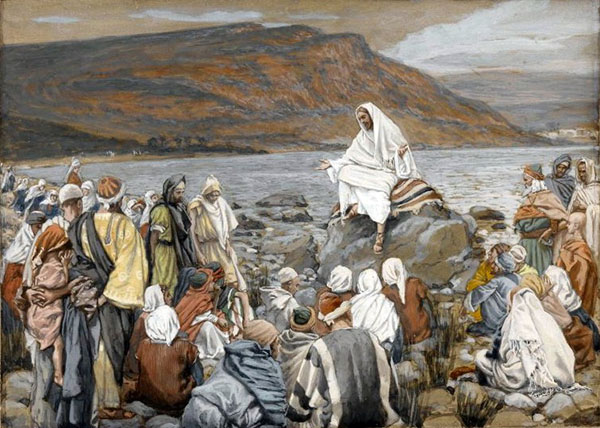
During my Master of Theology at PTI Cluj-Napoca, I conducted research on the importance of
the memory approach in parable studies. By implementing the outcomes of this paradigm change
in the method and concept of parable research, I was able to shed light on unexplored sight of
the parables under my focus.

My research in biblical hermeneutics focuses on the theoretical frameworks that shape
interpretation. I explore how narrative, ideological, contextual, and reader-oriented
approaches inform exegesis and reveal the continuing significance of biblical texts.